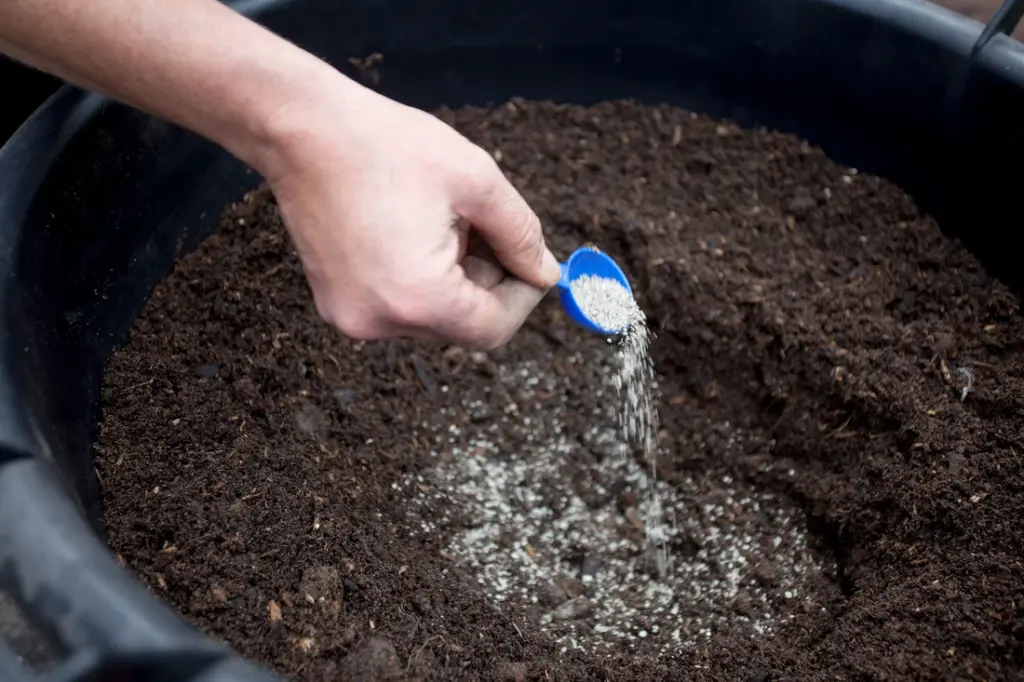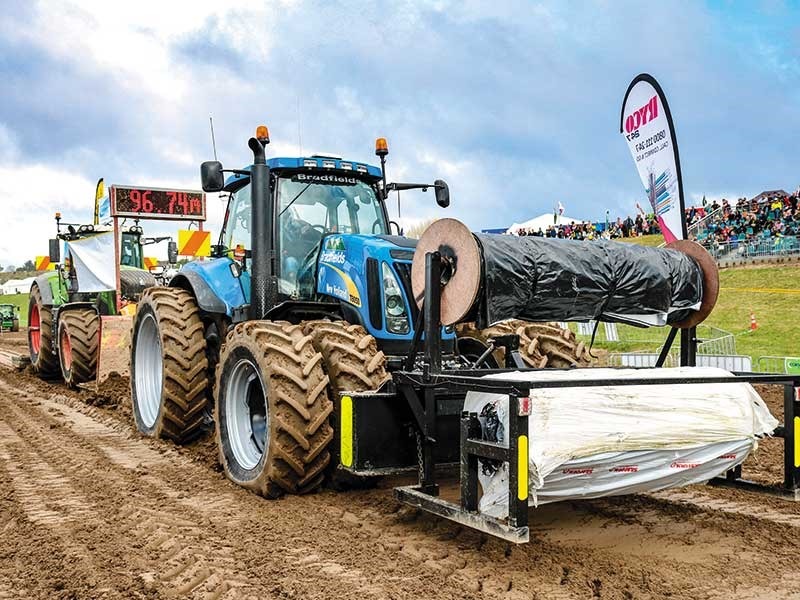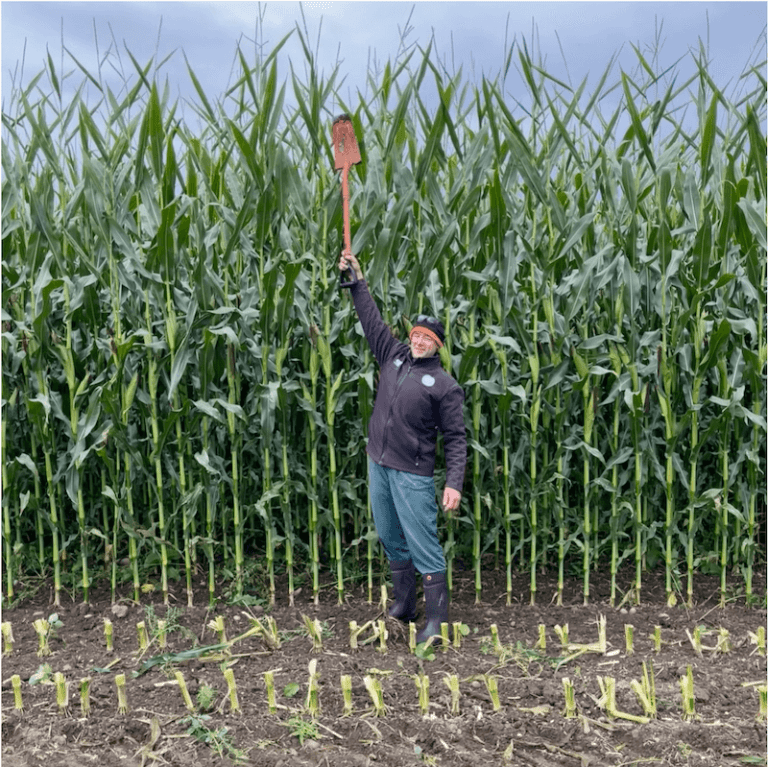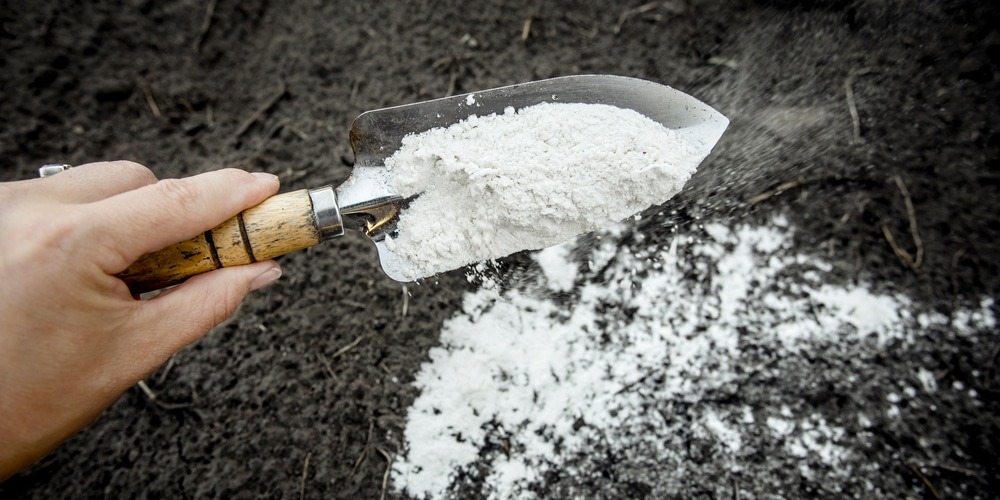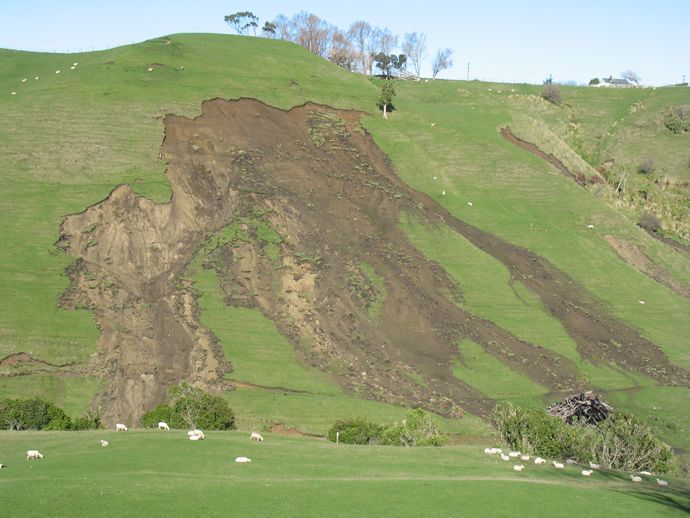The Importance of Mycorrhizal Fungi in New Zealand’s Native Ecosystems: Emphasising Soil Fertility and Farming Practices
An opinion piece by Dr Gordon Rajendram New Zealand’s native ecosystems are renowned for their uniqueness and biodiversity, and a hidden but crucial player in these ecosystems is mycorrhizal fungi, which plays a significant role in soil fertility in New Zealand. These remarkable organisms form symbiotic relationships with plants, aiding in nutrient uptake, disease resistance, …
